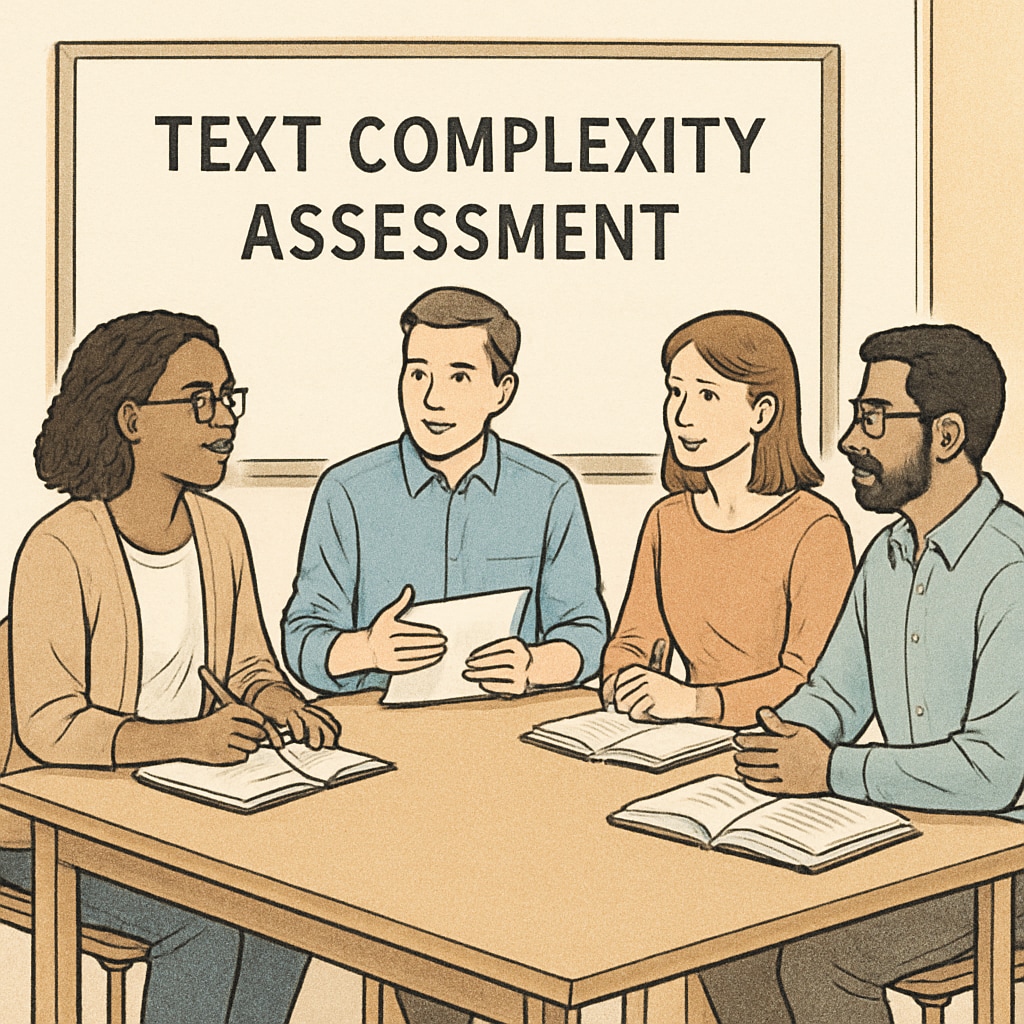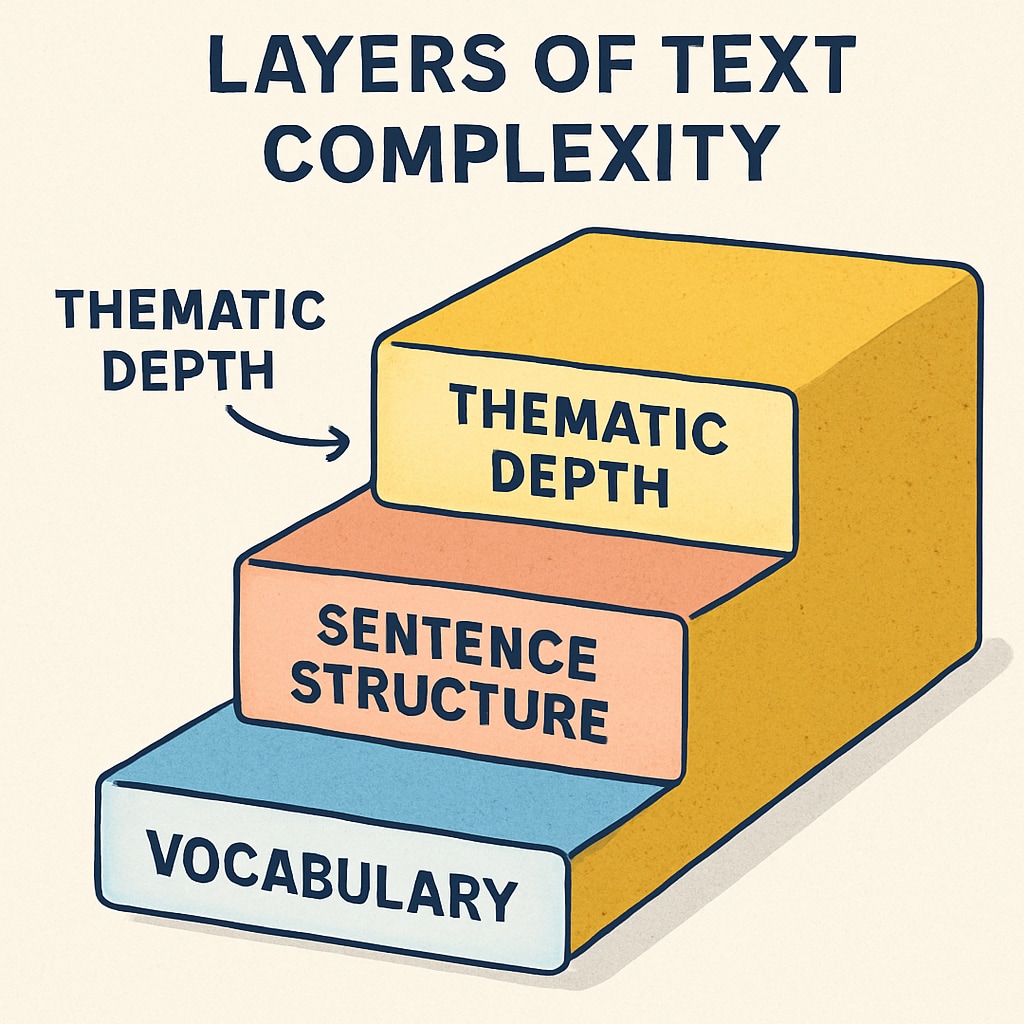Accurately assessing reading comprehension and matching students with appropriate texts are critical components of effective education. We are currently recruiting elementary and middle school teachers to contribute their expertise to a groundbreaking study focused on evaluating text complexity. This initiative aims to refine how reading materials are selected, ensuring they are both engaging and challenging for students. By participating, educators will provide invaluable data that can shape the future of K12 reading practices.

Why Text Complexity Matters in Education
Text complexity refers to how challenging a piece of writing is for the reader, based on factors such as vocabulary, sentence structure, and conceptual depth. Matching students with texts that suit their reading level is essential for fostering growth and confidence. However, traditional algorithms used to measure complexity often fail to account for nuances that human judgment can capture. Teachers, with their firsthand experience and understanding of student needs, are uniquely positioned to evaluate these subtleties and improve the accuracy of reading assessments.
For example, a text may appear simple based on word count or sentence length but could still be conceptually complex due to abstract themes. Incorporating educator insights into the evaluation process ensures better alignment between student capabilities and the materials they encounter. This harmonious match is vital for cultivating a love for reading and improving literacy rates across educational levels.

How Teachers Can Participate and Contribute
Your participation in this study requires only 30 minutes of your time. As a teacher, you will assess provided reading materials based on criteria such as difficulty, relevance, and appropriateness for specific grade levels. This hands-on involvement will generate crucial data that can complement computational models, ultimately leading to more effective reading interventions.
Becoming part of this initiative not only contributes to educational research but also empowers teachers to have a direct impact on student learning outcomes. Teachers who participate will gain insights into how text complexity is evaluated and can apply these learnings to their own classrooms.
Interested educators can easily sign up for the study via our online portal. The process is streamlined to ensure minimal disruption to busy schedules while maximizing the value of your professional input.
The Broader Implications of This Study
Improving text complexity assessments has far-reaching implications. For students, it means access to reading materials that challenge without overwhelming them, fostering both skill development and enthusiasm for learning. For teachers, it provides a better framework for selecting texts that align with diverse classroom needs. And for the educational system as a whole, it enhances the reliability of data-driven approaches to literacy improvement.
In addition, this study bridges the gap between human expertise and technological tools. While algorithms can analyze linguistic patterns, they lack the nuanced understanding of context and audience that educators bring. By combining these two sources of knowledge, we can create a more robust and adaptable system for evaluating and selecting reading materials.
If you are passionate about advancing education and leveraging your professional expertise, we invite you to join this collaborative effort. Together, we can ensure that every student has access to texts that inspire both comprehension and curiosity.
Conclusion
Text complexity is at the heart of effective reading education, and teachers play a pivotal role in shaping how it is assessed and applied. By participating in this study, educators can contribute to a more precise and personalized approach to reading instruction, ultimately benefiting students across the K12 spectrum. Take 30 minutes to make a lasting impact—sign up today and help transform the future of literacy education.
Learn more about text complexity: For background information on how text complexity is traditionally calculated, visit Wikipedia’s overview of text complexity. Discover additional insights into educational research methods on Britannica’s education page.


